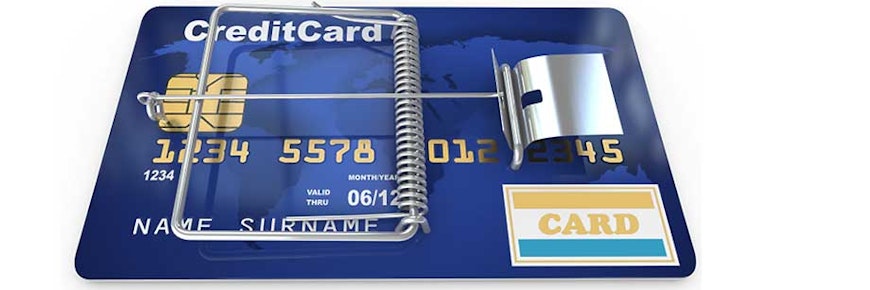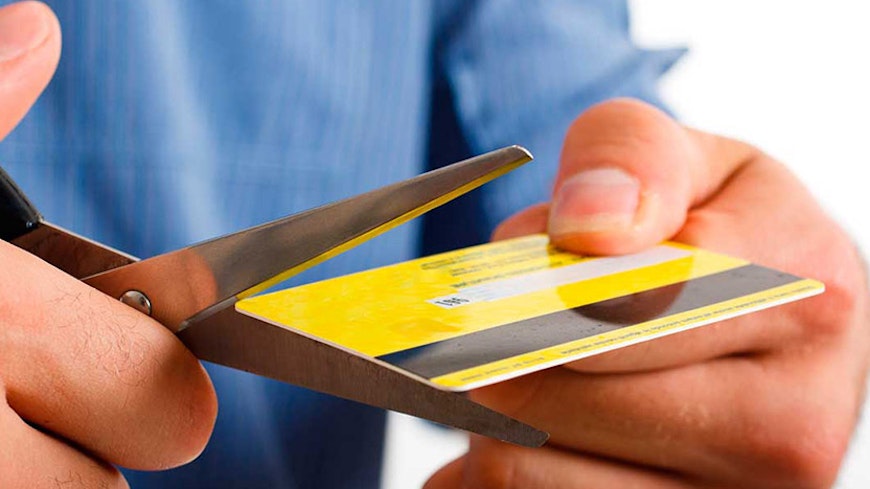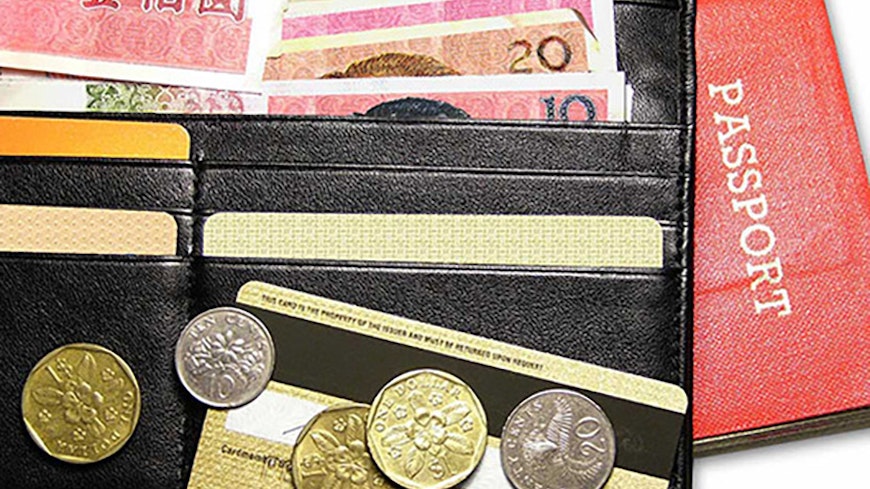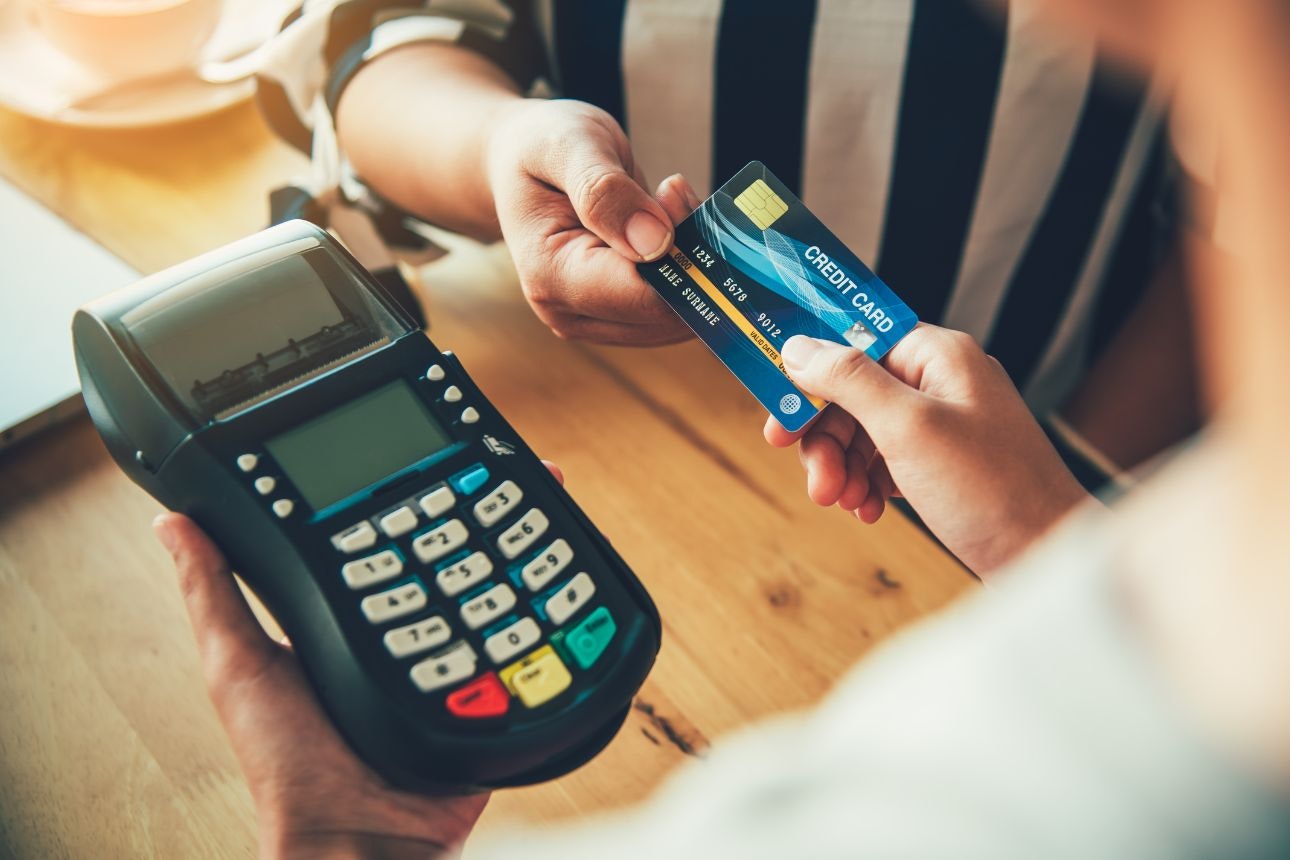Find the right credit card and work out whether expensive rewards schemes are worth their cost.
Your card personality
Personality makes a big difference when it comes to maximising interest free spending, avoiding interest payments and maximising card rewards.
Work out whether you're a carefree or savvy spender and get the best credit-card to suit you.
Carefree spenders
Carefree cardholders maintain a constant cycle of debt through regular overspending or episodes of binge spending. Repayment over an extended time period means interest is always being paid. Because the card is never paid off, so-called "free" rewards come at a cost.
If you don't pay off your card in full each month you're throwing away money in interest and fees. Minimum payments are designed to benefit the bank – not you. A $4000 debt on a card charging 20.95% could cost you $20,400 in interest to repay if you’re only paying $70 a month.
Savvy spenders
Savvy card users never spend more than they can afford and pay off the card balance in full every month. This ensures they never pay interest. Using credit cards as an alternative to eftpos, cash and cheque payments means you have a large number of transactions – but no transaction fees.
If you’re a careful spender and always pay off your bill each month, interest rates won't matter and you have a wide choice of cards and rewards programmes. Check our Rewards calculator for the rewards programme to suit your level of spending.
Not interested in reward schemes? Go for a card with no or low annual fees.
Compare credit cards
Want to read the full article?
Thousands of expert product/service reviews
Personal support through our Consumer Rights Advice Line
Premium articles and in-depth buying advice
Add a Consumer magazine for even more exclusive content
Carefree spender tips
Switch to a low-rate card if you've got card debt. You may not even need to change banks.
Rewards programmes are a trap if you're not paying off your card in full. The higher fees and interest rates associated with a card that has a rewards programme will most likely outweigh the dollar value of any rewards.
Work out a budget. Put spare money to work paying off your card debt. (There are local budgeting services that can help you free of charge.)
Pay in full. Partial payment means you're paying interest. You’re also likely to be charged interest on any new purchases you put on your card and on any fees owing. On top of this, some banks will even charge interest on interest when you don’t pay off your monthly balance.
Pay by direct debit. Clear your whole debt in full every month by direct debit and you don't have to remember a thing. Set it up with your bank.
Rewards schemes
the card’s annual fee
the rewards scheme’s fee
what kind of spending the card will be used for.

All rewards schemes are designed to encourage spending. So unless you spend heaps on your card – usually more than $25,000 over 2 years – and fully pay off your card at the end of each month, most schemes won’t be worth it. Check our rewards calculator below to find the net value of rewards available for your level of spending.
A high rewards rate almost always means a high annual fee, plus an extra fee for being a part of the rewards scheme. Because of this, most of these schemes require spending of more than $12,000 a year to cover their annual fee much less get into positive points territory.
If you’re an average or below-average spender, it's best to avoid reward schemes altogether and go for low-interest, low-fee non-rewards cards that can be more easily managed on a monthly basis.
Credit card out of control?

First, stop using the card. Cut it up if need be. You should then speak to your bank about restructuring the debt. One option is to set up an automatic payment to pay it off.
Another is to add it to your mortgage. If you do this, make sure you repay it as soon as possible, or your gains through a lower rate of interest will be undone by the longer time it takes to pay off the debt.
Debit cards
As with credit cards, there are extra fees if you use your card for a foreign-currency transaction. But the big difference with a debit card is that it’s like cash: it draws on the money in your bank account, so you’re not getting yourself into debt.
If you don’t have a good credit history or have little income it can be difficult to obtain a credit card – debit cards are a lot easier to get. However, you still need to be careful: your bank may allow you to spend a certain amount above what’s in your account, resulting in overdraft fees.
You don’t get any rewards on a debit card. You also need to be vigilant about keeping your card secure.
Tip: If you always pay off your credit card each month, there may be no real benefit from switching to a debit card. You’ll lose the interest-free period on purchases that you get with a credit card.
Credit card tips
Tips and traps to watch for.
Avoid cash advances: Use a credit card to buy something and you'll get up to 44 or 55 days' free credit (depending on the card). But use it to withdraw money and you'll be paying interest from that same day. It's a very expensive way to get cash. If you want access to cash on the card for an overseas trip, deposit money on the card, and use another card for purchases. (Even if your card is in credit you'll probably be charged an overseas ATM fee.
Report lost cards immediately: If you lose your card or something odd appears on your statement, contact the lost card centre immediately. Don't leave your card lying around at home or work.
Card payment surcharges: Stores pay a fee to the credit-card provider whenever they accept a credit-card payment. Businesses can add a surcharge for those paying by credit card or debit card to recover this fee. But the surcharge shouldn’t be any higher than what the retailer pays to the credit-card company.
Lodging security: Make reservations for some hotels and the sum may be charged on your card immediately even if the stay is still months away. Hire a car, and the company may ask your card issuer to reserve an amount of credit to secure its payment. This can cause embarrassment if you don't realise it's happened. If you're likely to have a big bill with a hotel or car hire firm and you give them your credit card details as security, ask if they will be putting a hold on some of your credit, and if so, how much.
Credit creep: "Dear Mr/Mrs Smith," the letter begins. "We have arranged to automatically increase your credit limit. If you do not want us to add $500 to your credit limit it is important you let us know right away..." The temptation for many people will be to use the extra money and, if they can't pay it all back within the month, pay the bank more in interest. It's a nasty form of inertia selling by the banks.
Our recommendation? Don't let your bank raise your limit beyond an amount you can repay without incurring interest.Chip technology: Chip technology is fast becoming the global standard for card security. A microchip stores your account information in a coded format, rather than on the old magnetic strip on the back of the card. The chips make it harder for someone to fraudulently copy (“skim”) your card details, but it also takes a little longer to pay for your purchases.
Tap and go: The attraction with tap and go is the transaction speed – 2 seconds from the moment the card touches against the terminal. There’s no need for card-swiping, entering pin numbers or signing your name for payments of less than a set amount.
Overseas purchase costs

The fees typically add up to 2-3% of the purchase price. So if you put $4000 of bills on the plastic during a big overseas trip, you'll pay $80-$120 in fees.
Some overseas merchants offer the option of paying in your home currency when using a credit card. The Office of the Banking Ombudsman has received a number of complaints that this costs more, as merchants may charge a higher currency conversion fee than that charged by New Zealand banks. The Ombudsman's advice is:
Find out what currency conversion fee your bank charges before you go.
Ask the overseas merchant what their conversion fee is before the transaction is processed.
If the overseas merchant’s conversion fee is higher, or they won’t tell you, ask to have your credit card charged in the country’s currency rather than NZD.
If the merchant insists on charging in NZD, then you have the right to decide whether you want to proceed with the purchase or shop around for a better deal.



